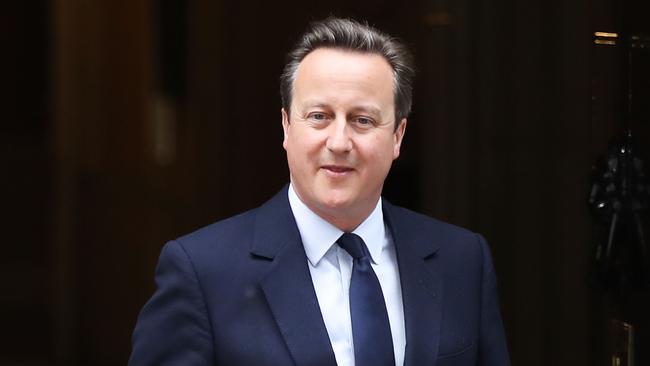PM, Tories have a better way of boosting women in politics

Our parliaments and local councils should have available to them the best this country has to offer. All political parties need to develop structures to identify, develop and promote talent.
There is no one best way of doing this.
Political parties on the left, which tend towards central planning imposed by powerful authoritarian bodies, generally have quotas. Centre-right parties with their beliefs in universal rights and freedoms tend towards open democratic decision-making. Such organising principles makes the use of quotas difficult.
That is why, among other reasons, the Menzies Research Centre’s Gender and Politics report on women in the Liberal Party consistently has rejected quotas, arguing that genuine diversity is better achieved through merit and reward for effort rather than by ticking boxes.
It offers a range of ways for the Liberal Party to increase the pool of talented women ready to run for preselection and parliament. These things must happen.
But we should always be open to other ideas and techniques, especially where they have been successful elsewhere.
Behavioural economics offers one such idea. Real-world experience shows that a better, more diverse pool of candidates, from which a selection panel chooses, results in better, more diverse selections. Increasing opportunities for everyone, rather than limiting them for some, improves outcomes for everyone, including the hardworking Australians our parliaments are meant to serve.
David Cameron, when British opposition leader, probably had this research in mind when he made changes to the Conservative Party’s candidate list (not to be confused with the A and B list).
Before Cameron’s changes, the Conservative Party headquarters had a small list of people who had registered their interest in running for parliament in future. When a seat would come up, headquarters would look at the list and work out which people might be best suited to the seat.
Cameron drove headquarters to vastly increase the number of people on the list. They actively recruited from a broad range of industries, backgrounds and communities. The number of women on the list, for example, roughly tripled. These people were vetted by the party for suitability, received candidate training and were exposed to the rigours of campaigning and political office.
Cameron successfully expanded the appeal of the Conservative Party beyond its normal constituencies. The new Conservative candidate list matched the makeup of the nation. Cameron’s changes meant that in half a generation the Conservative Party went from being one of the most homogeneous parties in the world to being one of the most diverse.
The Conservatives succeeded in recruiting candidates from the ranks of essential workers, ethnic communities and many more women. As Cameron pointed out, the fact the Conservative Party now had among its parliamentarians nurses, academics, teachers, small-business people, emergency service workers and many more women made a real difference to policy development and implementation.
The candidate list also forced the Conservative Party to think about the type of people who made good members of parliament, to reach into areas of Britain that it had not previously given much attention to. This necessity gave Conservative headquarters the impetus to build stronger links with many it had long neglected.
The advantages a candidate list would provide to the Liberal Party are significant. It would allow the Liberal Party to increase competition to represent our party in elected bodies; it would expand the meaning of diversity from gender to include ethnic, regional and work backgrounds. It would absolutely increase the number of women.
A candidate list would give the Liberal Party a holistic view of our candidate pool.
We no longer would have to wait until a preselection was called to start the process of finding, vetting and training a candidate. When they then hit the ground of an election campaign, they would do so running.
When it comes to challenges of equity and fairness, Liberals throughout history have always led the way. The time for the Liberal Party to engage fully in these issues with positive proposals has never been more urgent because the competition of ideas is where we excel.
Smart people learn from their mistakes, but really clever people learn from other people’s mistakes. The Liberal Party should learn from one of the best diversity programs in the world and unleash its potential.
Nicolle Flint is the federal Liberal member for Boothby in South Australia. Jason Falinski is the federal Liberal member for Mackellar in NSW.



Parliaments are run by people for the people, and that is why they need to be filled with our best and brightest.